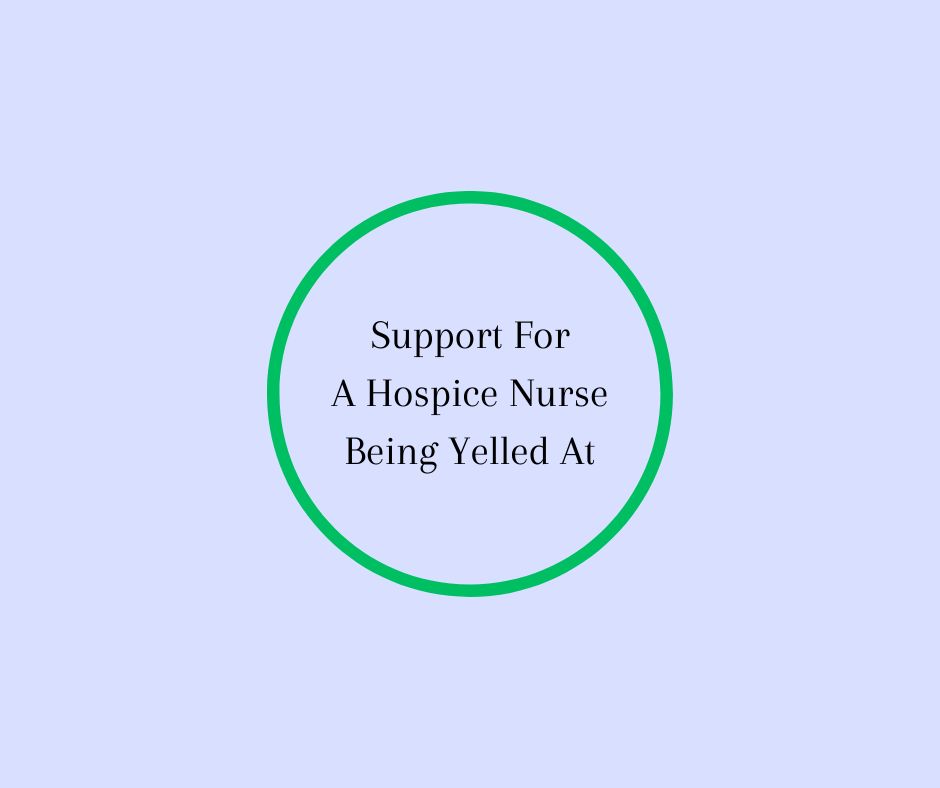Dear Barbara, Will you talk about a chemical straight jacket at end of life? My mother is a dementia patient in a memory unit. Hospice now. They are giving increased Ativan & morphine to "keep her comfortable". We are in very last
days now. I don't want her to suffer, but somehow this seems wrong.
I have not heard the words “chemical straight jacket” before but I see the implication---controlling patient movements with drugs rather than physical restraints. Nursing facility regulations are very strict now about physically restraining agitated patients. Medication regulations aren't as strict if you can justify the reason.
I do not think there is a need for narcotics just because death is approaching. Dying is not painful. Disease causes pain. Dementia does not cause pain unless the person is actively hurting themselves or there is another physical condition that causes pain.
Part of the natural dying process is restlessness. There is a picking of the clothes and bed linen. There is an agitation of just not being settled, tossing, and turning. If that restlessness is not causing harm or putting the patient at physical risk then I do not feel medications are necessary. If the restlessness puts the patient in harms way (falling out of bed, injuring themselves) then Ativan or some relaxant seems appropriate.
Increased use of narcotics and relaxants as end of life approaches has become quite common in the end of life area---much to my concern. Why is this happening? One: end of life has become more medicalized, more intertwined with the medical system. We seem to have forgotten that dying is not a medical event. It is a social, communal event. (Another whole blog article) Two: I think there is a lack of understanding of the dying process. What is natural versus what is pathological (even among medical professionals). With this lack of understanding is the deep desire to keep a person comfortable. To help them approach death in as comfortable a way as possible. Not ending life but providing comfort until death comes. I think this is admirable but based in lack of knowledge. Our end of life professionals need to know this.
When working with end of life what we need to remember is to treat pain when present with as much medication as necessary to keep a person comfortable. And we continue giving that medication until the person’s last breath.
When a person is in the labor of dying and pain is not a part of the disease process, we do not need to begin a pain management protocol just because the person is dying.
Something more... A "Chemical Straight Jacket" and Dementia at End of Life
I have a new resource that would be perfect for this situation. It's called HOW DO I KNOW YOU? Dementia at the End of Life. It is specifically written to help families whose loved one has dementia, understand the dying process in the final months before death. NEW RULES for End of Life Care is my DVD kit that has a whole section on narcotics at end of life. So helpful for families during the final challenging weeks.







